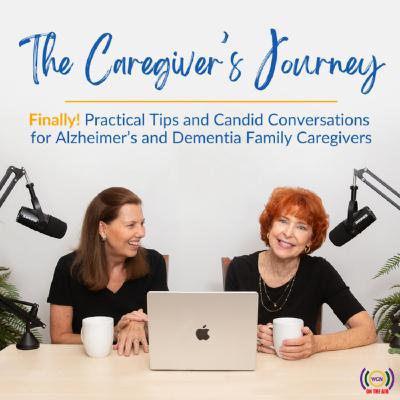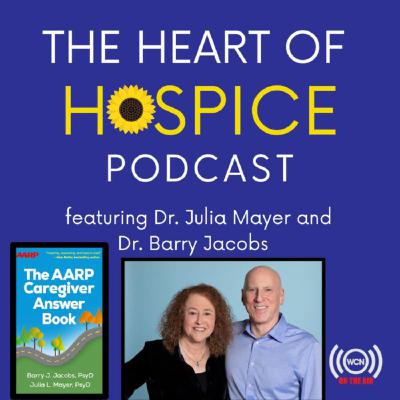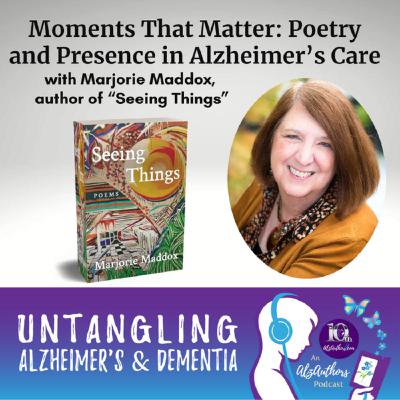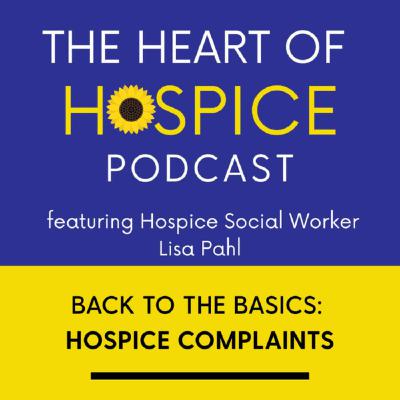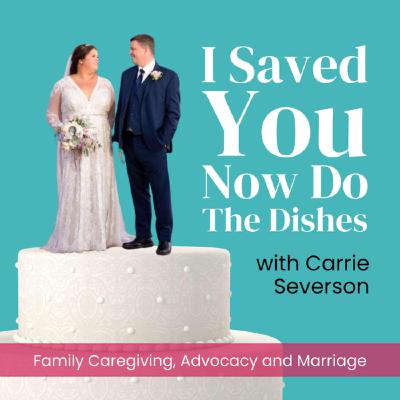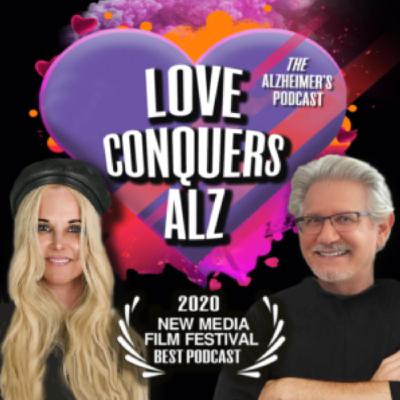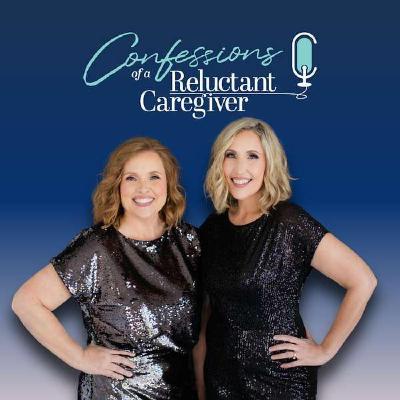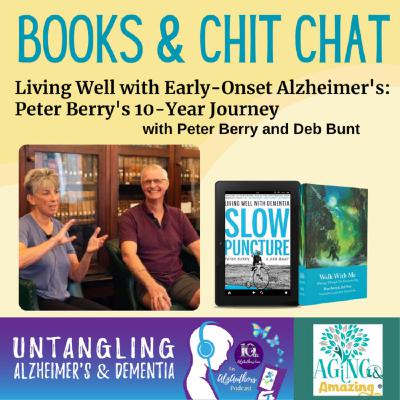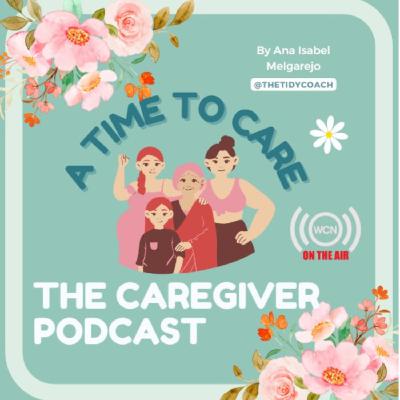Studying Experienced Caregivers: Four Essential Tips / Alzheimer’s and Other Dementias
Description
"When it comes to caregiving, the assumption about being able to take what we've learned and just naturally grow is not always going to be true."
How do you think you would feel if you were caregiving for a second or third person living with dementia? Would you feel more prepared because of your previous experience? If you answered "yes," you might be surprised by what research is revealing about experienced caregivers.
We are Sue Ryan and Nancy Treaster. As caregivers for our loved ones with Alzheimer's and other types of dementia, both of us have been caregivers more than once, and we recently learned about enlightening research from Dr. Emily Mroz, a researcher at Emory University's School of Nursing who coined the phrase "experienced caregiver." Her research is shedding light on a common phenomenon that affects millions of families: providing dementia care for multiple loved ones throughout adulthood.
Dr. Mroz is a tenure-track assistant professor and social behavioral scientist who studies how people think, feel, and act within their social and personal situations. With training in developmental psychology, gerontology, geriatrics, and public health, she uses her multidisciplinary perspective to develop resources and interventions that support people living with serious illness, family caregivers, and those who are bereaved.
Through her research and interviews with caregivers, Dr. Mroz has identified crucial insights about experienced caregivers that challenge common assumptions and offer practical guidance for those stepping into the caregiving role again.
Full Show Notes
https://thecaregiversjourney.org/37-studying-experienced-caregivers-four-essential-tips-alzheimers-and-other-dementias/
Additional Resources Mentioned
- Dr. Emily Mroz, assistant professor and social-behavioral scientist, discusses her research on improving how patients and caregivers navigate serious illnesses such as dementia, end-of-life care and bereavement.
- Link to study flyer here
- To join this study, visit survey.qualtrics.emory.edu/jfe/form/SV_cYfshxWcThSSV5s.
- Support the nonprofit The Caregiver's Journey: https://give.cornerstone.cc/thecaregiversjourney
Takeaways
Tip 1: Avoid Assumptions About Who Is Prepared to Be a Dementia Caregiver
Tip 2: Assess How Prepared You Really Feel
Tip 3: Don't Hesitate to Get Involved in Skills Training and Support Groups
Tip 4: Share Your Stories with Grace, Not Judgment
The Importance of Research for Experienced Caregivers
Dr. Mroz's study is part of a growing recognition that experienced caregivers represent a significant population with unique needs and strengths. Her virtual research study involves participants completing surveys about their caregiving experiences and sharing their stories to help researchers understand the differences between new and experienced caregivers.
Study details:
- Focuses on people currently in active caregiving roles, including those early in their journey with a second or third care recipient
- Participants receive a $50 gift card honorarium
- Sessions are conducted virtually and take about one to two hours
- Can participate alongside other dementia caregiver research studies
- Research is crucial for developing resources specifically tailored to experienced caregivers
Read More in This Blog here

